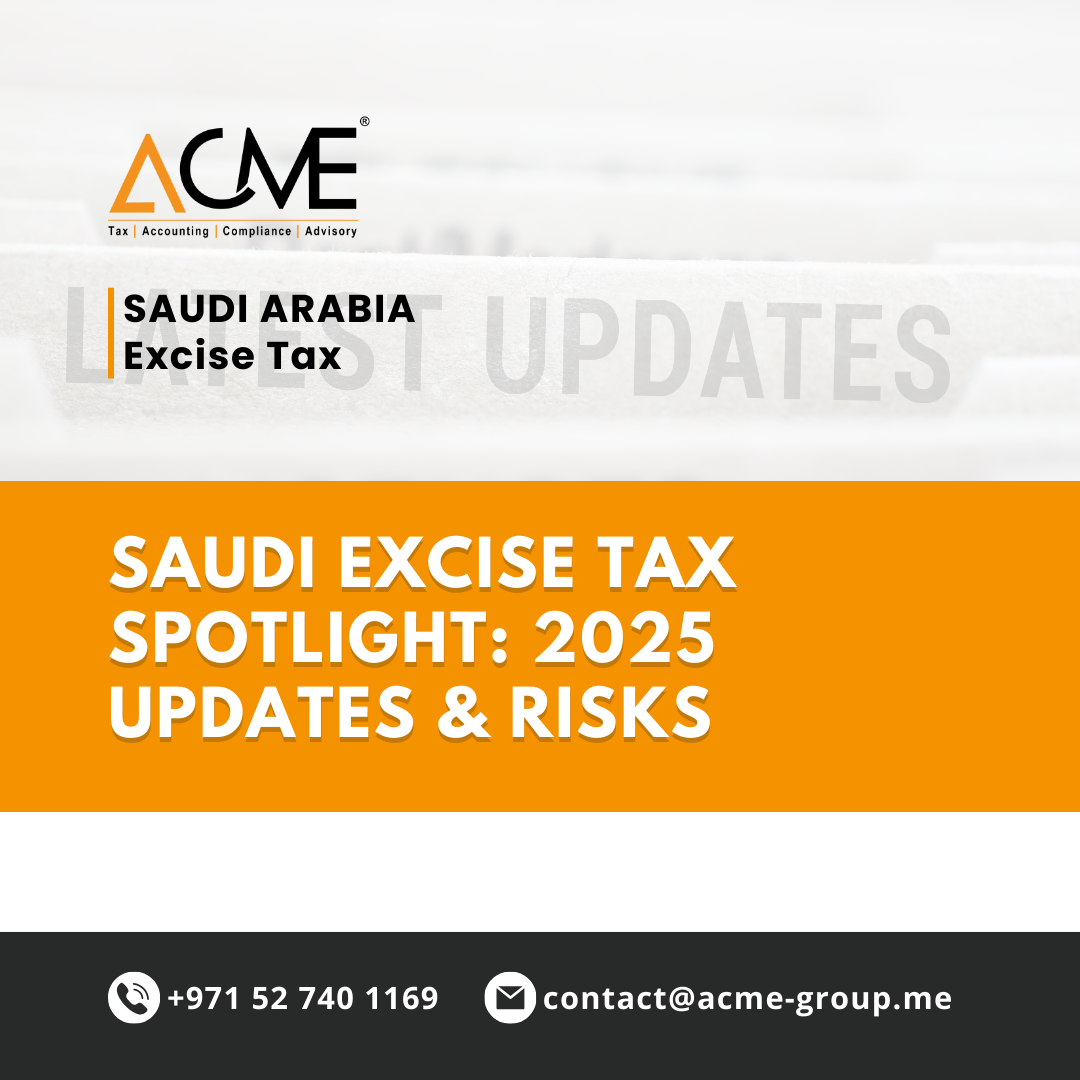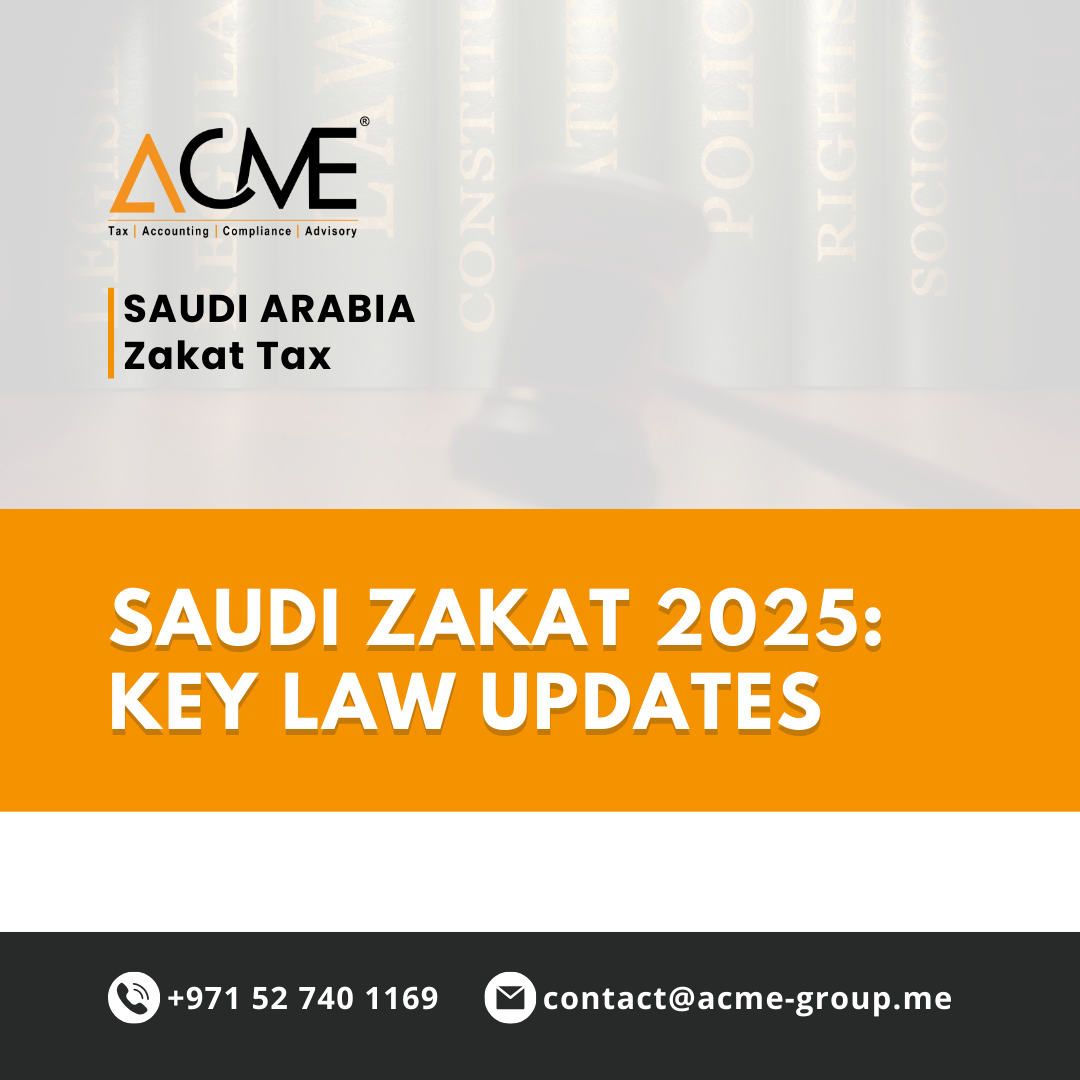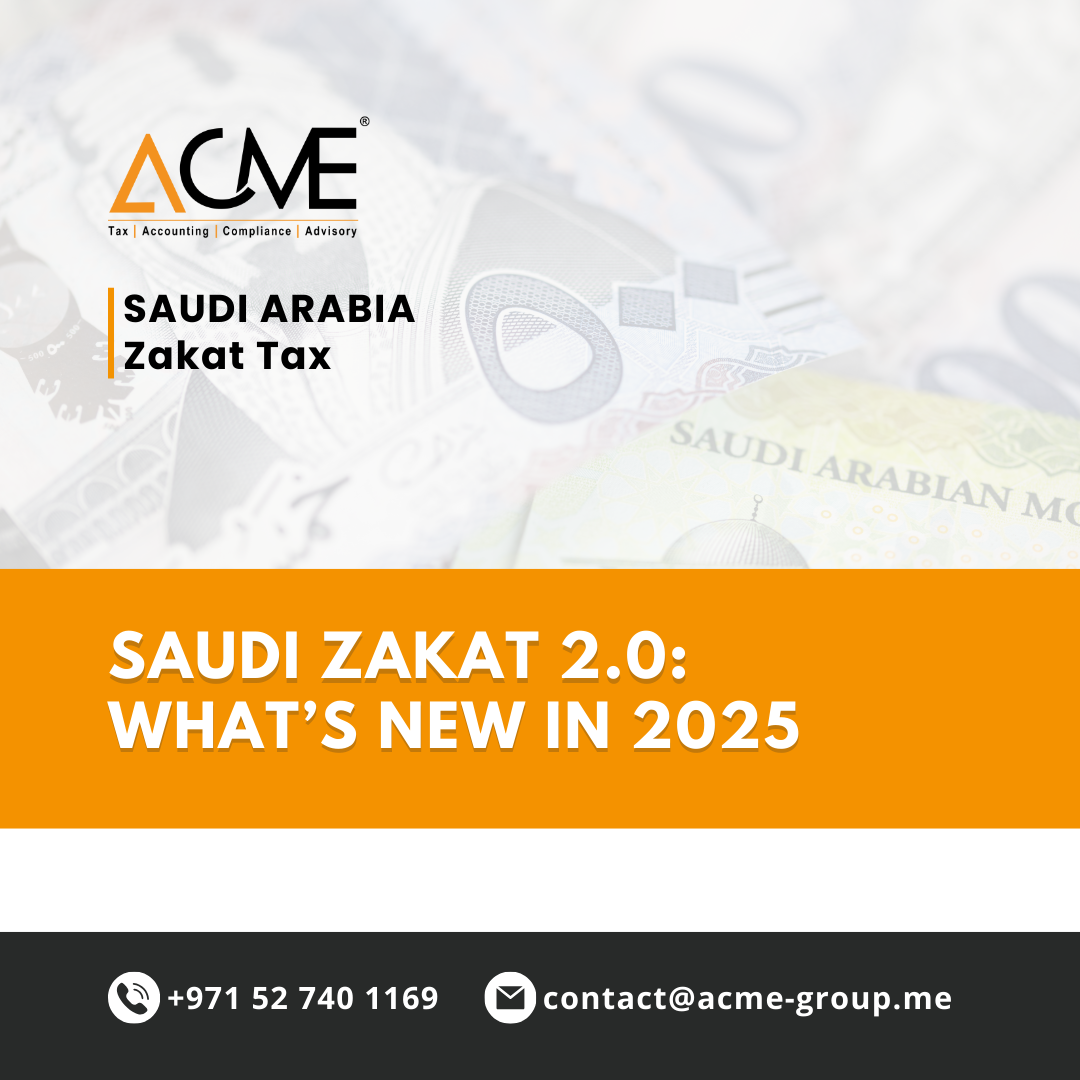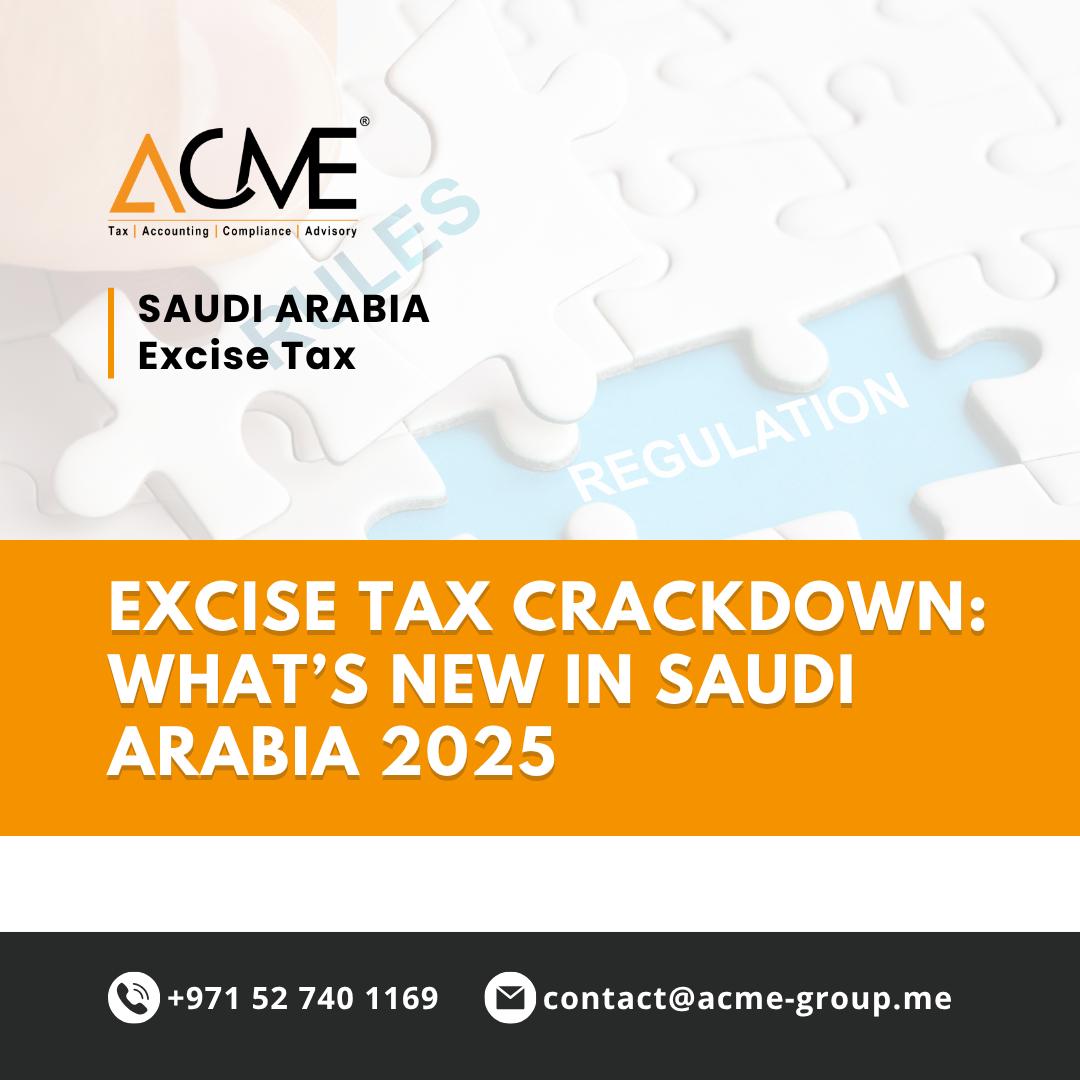As the UAE continues to solidify its position as a global investment hub, understanding the nuances of Corporate Tax regulations is crucial for businesses and individuals engaged in various sectors, including real estate. One area that warrants attention is the treatment of Real Estate Investment income under the new Corporate Tax regime.
Exclusion of Real Estate Investment Income from Corporate Tax
Under the UAE’s Corporate Tax law, income derived from Real Estate Investment may be excluded from the scope of Corporate Tax. This has significant implications for tax obligations and deductions related to real estate investments.
If Real Estate Investment income is exempted from Corporate Tax, any expenditure directly or indirectly related to generating such income will not be deductible for tax purposes. This means that profits generated from such investments will not be included in the calculation of taxable income, and any losses incurred will not be eligible for Corporate Tax relief.
Impact on Registration for Corporate Tax
The registration for Corporate Tax in the UAE is mandatory only once a business or individual’s turnover exceeds AED 1 million within a Gregorian calendar year. However, it is important to note that income derived from Real Estate Investment that benefits from the exclusion will not be counted towards the total turnover. Therefore, natural persons engaged in Real Estate Investment activities can potentially avoid triggering the registration threshold, provided their turnover remains below AED 1 million from business activities outside of real estate investments. This provision applies as of the 2024 Gregorian calendar year.
Transactions at Arm’s Length
For those who engage in transactions with Related Parties, such as leasing or property management agreements between natural persons and their affiliates, Corporate Tax laws require that these transactions meet the arm’s length standard. This ensures that the terms of the transaction are consistent with those that would be agreed upon between unrelated parties in similar circumstances.
The arm’s length principle is critical in maintaining transparency and preventing tax avoidance through artificially manipulated transactions between related entities. Businesses and individuals should carefully structure their agreements to reflect fair market values to ensure compliance with Corporate Tax regulations.
Conclusion
Real estate investment in the UAE continues to be an attractive avenue for wealth generation, but it is essential to understand the tax implications associated with this sector. With specific exclusions and considerations related to Corporate Tax registration and transactions, both natural persons and businesses can strategically plan their real estate investments to optimize their tax obligations.
Navigating the Corporate Tax regime efficiently requires in-depth knowledge of these regulations. Staying compliant not only helps avoid penalties but also ensures that investors can continue to reap the benefits of the UAE’s dynamic real estate market. For those looking to make informed decisions, a clear understanding of Corporate Tax rules for real estate investment is indispensable.
Disclaimer : The Content offer general guidance and should not be considered legal, financial, or tax advice. Consult qualified professionals for personalized guidance. While efforts have been made to ensure accuracy, no guarantee is provided for completeness or applicability to individual situations. Users are responsible for interpreting and actions based on this information, at their own risk.
For understanding more about Corporate Tax, VAT, Excise Tax, Financial Services, Advisory Services, reach out to us on:contact@acme-group.me | +971 52 740 1169.
This article was published on 19 June 2025.
Download Corporate Tax Resources
-
Corporate Tax Calculation Guide
A simple guide to help you calculate corporate tax with ease.
-
Corporate Tax Checklist
Prepare with confidence for corporate tax returns and meet the regulatory obligations smoothly
-
Small Business Relief Guide
Our comprehensive guide simplifies complex regulations, and help you make informed decisions.
-
Transfer pricing guide
Refers to the rules and methods for pricing transactions between related entities within a multinational group.
Related Posts
Saudi Excise Tax: What’s New & What to Watch
Key Points: ZATCA’s Implementing Regulations for excise tax (Resolution No. 9‑1‑17, as amended) define all the updated rules for excise goods in the …
Saudi Excise Tax Spotlight: 2025 Updates & Risks
Key Points: ZATCA’s excise‑tax regime applies to producers, exporters, and holders of excisable goods under suspension or transitional phases. Producers must file …
Saudi Zakat 2025: Key Law Updates
Key Points: ZATCA’s Implementing Regulation for Zakat Collection (MR 1007, 1445H) now applies to fiscal years starting 1 Jan 2024 and replaces …
Saudi Zakat 2.0: What’s New in 2025
Key Points: New Zakat regulation (MR 1007, 1445 H) applies for fiscal years starting on or after 1 Jan 2024. Calculation method …
Excise Tax Crackdown: What’s New in Saudi Arabia 2025
In 2025, Saudi Arabia’s Zakat, Tax and Customs Authority (ZATCA) introduced updates to the Excise Tax Implementing Regulations to enhance compliance monitoring …
Join our Newsletter!
Receive updates on the latest News, Events, Webinar and more.
Our Services
-
Tax ServicesTax Services
-
Financial ServicesFinancial Services
-
AdvisoryAdvisory
-
ComplianceCompliance
Explore More
-
About UsAbout Us
-
Privacy PolicyPrivacy Policy
-
Contact UsContact Us





